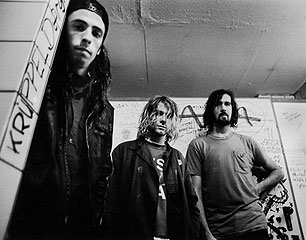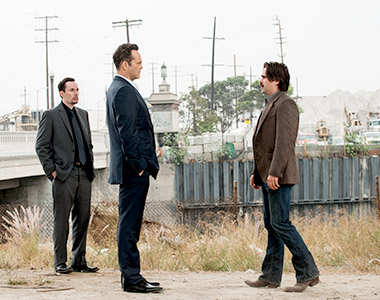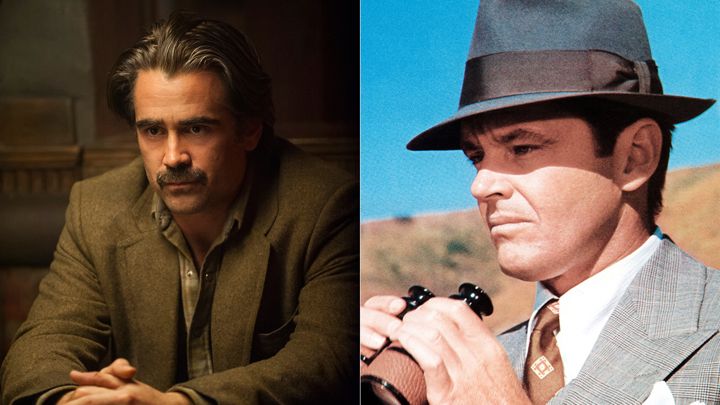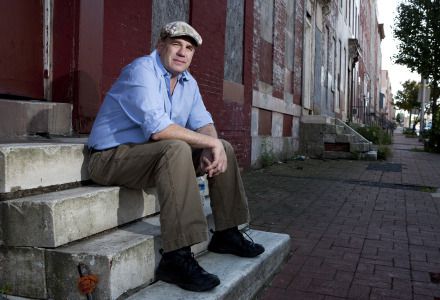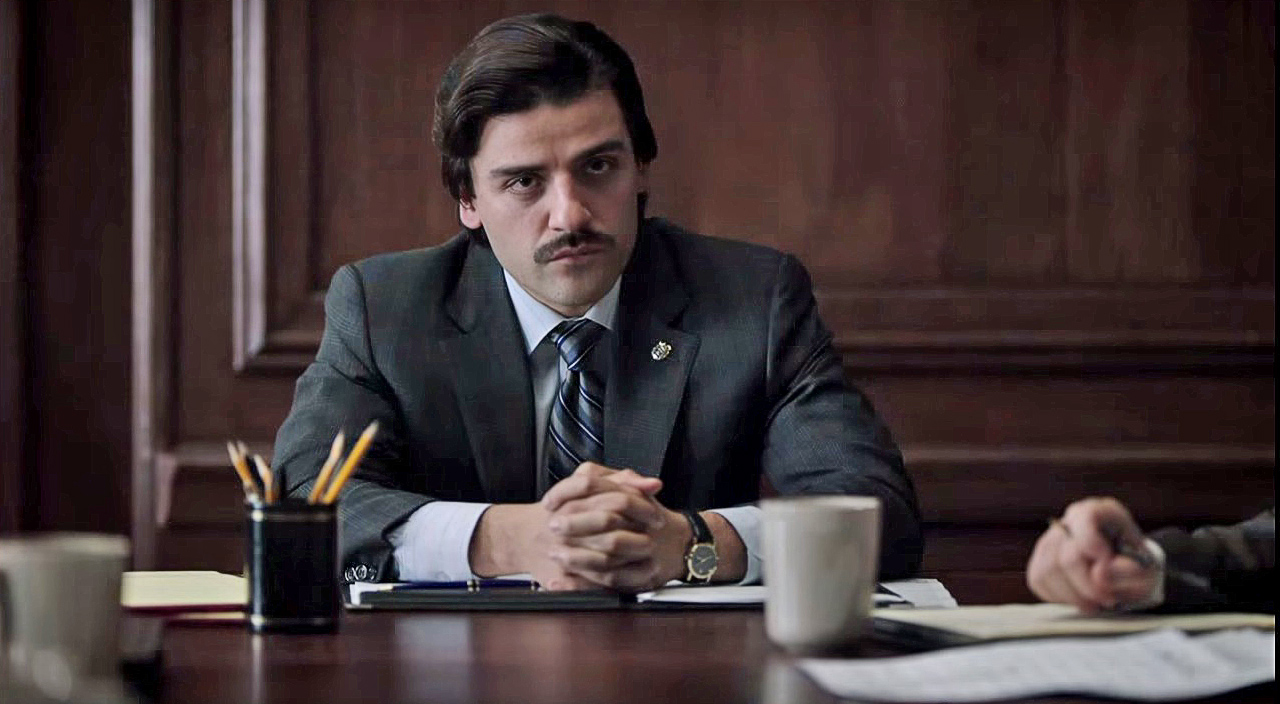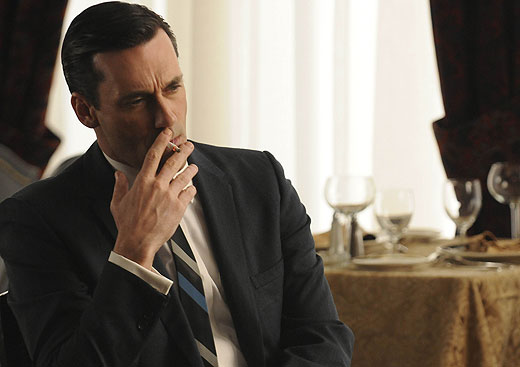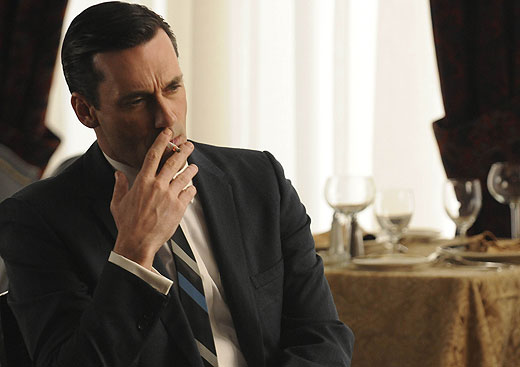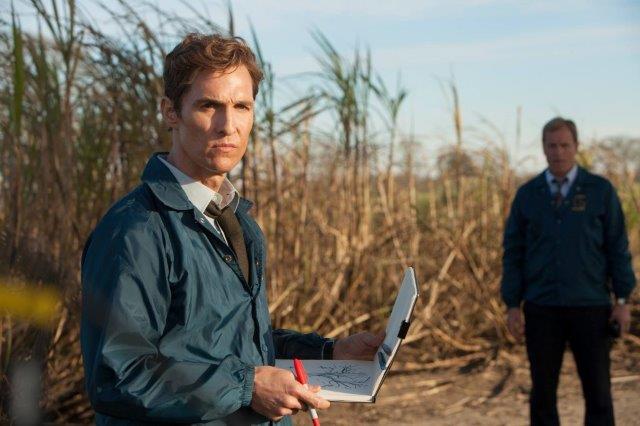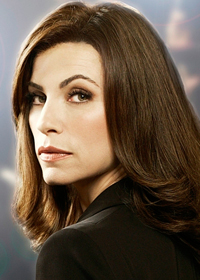10 Takeaways from 4 Horror Producers
TEN TAKEAWAYS from a HORROR WORKSHOP
with FOUR WORKING PRODUCERS
By Daniel Calvisi
I recently completed the inaugural run of my “Story Maps Horror & Thriller Seminar,” a 4-week course wherein I guided a small group of screenwriters to develop original concepts for films and television series in the hottest genres in entertainment. Along the way, I brought in four guest speakers, industry veterans with credits including Final Destination, Cabin Fever, The Manor, Blumhouse, Netflix, Amazon and Lifetime’s “At 17” franchise. These producers, most of whom are also writers and directors, gave multiple rounds of notes on my students’ loglines and provided invaluable bits of insight in exclusive Zoom sessions that touched on craft and career.
Below, I’ve gathered some of the best pearls of wisdom they shared with us. If these lessons intrigue you and you’re interested in developing your own dynamic concept for a genre film, we will be running the course again so click here to check on dates and availability.
In no particular order:
- Horror is red hot. From Evan Astrowsky, producer of the Cabin Fever franchise: “Horror is the one genre that just won’t go away, it won’t die. Studios are making them, indies are bangin’, and they’re also big internationally. So that’s always a good thing.”
- Most great horror begins by tapping a universal PRIMAL FEAR, making it certain to connect with a large audience. A great example of this is The Substance, which tapped into women’s fear of becoming irrelevant as they age. From Christine Conradt, currently producing three thrillers for Lifetime: “Horror needs to be scary on a primal level. That’s why it’s better in a theater, for the communal experience of having that same fear with others at the same time. The fear stays with you, it haunts you. Thrillers are scarier on an intellectual or psychological level.”
- Keep that logline TIGHT. One line with no extraneous words is ideal. Two lines is okay, but only when absolutely necessary to understand the concept. One line or two, you can’t spend too many words on setup, and you must highlight the central engine of the story. Avoid passive sentence structures! Jeffrey Reddick, creator of the Final Destination franchise says “You want to tease them with a hook and show them there will be mystery and thrills.”
- Leave a little MYSTERY in your logline. Jeffrey Reddick: “You put loglines out there so that people will ask you some follow-up questions. You don’t want too many questions of clarity – the questions should be excited ones. You want them to say ‘This sounds really cool, tell me about this, this and this.’ I end a lot of my loglines with phrasing like …must stop this evil before it consumes her family.”
- Once you have your basic concept, it helps to find a STORY TEMPLATE to act as a touchstone, a structural framework for your narrative, as with Jordan Peele’s Get Out, which took a nod from films like The Wicker Man and Rosemary’s Baby. Christine Conradt noted that she loves vampires and was impressed with the films Frailty and The Descent. This can also be in addition to an ARCHETYPE from a more classic source, like The Substance draws on the doppelgänger myth and has shades of Victorian novels like The Picture of Dorian Gray and Frankenstein.
- Want to produce and/or direct your script? A SHORT FILM is a great way to build buzz on a project and show investors that you can helm a film. After Rick Bosner (The Manor, Paint, Fruitvale Station) wrote his feature screenplay Devoted, he knew that he needed to show investors he could direct horror, so he decided to shoot the opening sequence and craft it into a short film to play at festivals. He hired a publicist to promote the film and get him interviews on blogs and podcasts, which then built buzz for the project which led to him finalizing talent commitments and financing. The resulting film stars Mena Suvari, Skeet Ulrich, Elizabeth Marvel, Nick Stahl and Lin Shaye, and will come out in the next year.
Jeffrey Reddick was trying to get a studio to greenlight one of his projects that they had held for years. He was attached to direct, but he knew they needed proof to show he was a good bet, so he wrote and directed a short film, Good Samaritan. The studio project fell through, but Good Samaritan ended up spawning a successful independent feature film, Don’t Look Back, which he also wrote and directed.
- Reaching YOUNG AUDIENCES: Rick Bosner shared his perspective: “Gen Z want raw and real, that’s why they’d rather watch clips on their iPhone. Some Gen Zer’s turned me on to “analog” horror, which taps into their childhood. My film Devoted is a throwback to the late 90s/early 2000s period of horror beloved by Millennials and Gen Z. I purposely cast stars from that era to help capture that tone.”
- THINK LOCAL. When asked about how to get their material out there, Jeffrey Reddick responded with a great tip: “Look in your own area. Check with your film commissions to find people in your home state who are making films. There are people looking to invest in films. You won’t find someone with millions to invest, but you may find someone with $80,000. Add up a few of those and you can get something great off the ground. You don’t need explosions and helicopters. I’m from Kentucky and I’ve made contacts via the Kentucky film commission office. You’re building your network, and you never know when someone will say Hey, I’ve got $50k and I’m looking for a comedy script set in a single location.”
- PITCH DECK TIPS: Keep your pitch deck SHORT and hire a professional ARTIST to design it. Rick Bosner says you need to keep it short so someone can skim the pitch deck before the meeting to fake like they read the script! His deck for Devoted was only 10 pages. The entire synopsis was only two paragraphs and each character description was a single line. He hired an artist for around $1,000 to make it really stand out. Christine Conradt attributes a recent sale to their high-quality pitch deck. She added “I don’t love AI, but if it can be of help with some images in a pitch deck and that saves you a lot of time, use it.”
- ALL of your deliverables must be READY, and GREAT. Christine Conradt: “You send the logline to get someone to request the synopsis. The synopsis is to get them to read the script. The script’s goal is to get you a contract. I always begin with a logline, one paragraph synopsis and a two-pager. These short docs also convince them you’re a good writer, before they even get to the script.” Speaking of the script, Evan Astrowsky reminds us “The first two pages must be written really well. I’ve stopped scripts on page 3 before. I just stopped one last weekend. You have to grab them in those opening pages. That doesn’t mean you have to WOW them in a huge way, but if it’s five pages of flat setup, you’ve got a problem.”
If you’re interested in learning more from industry professionals like Jeffrey, Rick, Christine and Evan, I hope you can join us for the next Story Maps Horror & Thriller Seminar. Subscribe to my newsletter for announcements of upcoming dates.
Daniel Calvisi served as a Script Consultant on Devoted, starring Mena Suvari and Skeet Ulrich, and is the co-writer of the award-winning Horror short, The Lost Camp. The Updated Edition of his book Story Maps: How to Write a GREAT Screenplay is now available exclusively here.


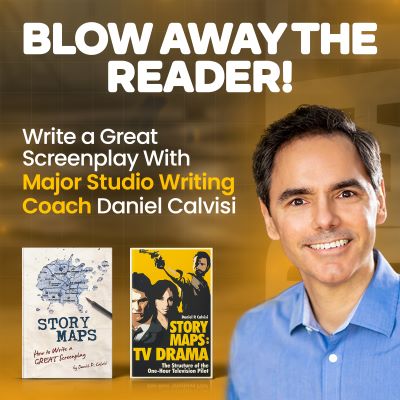

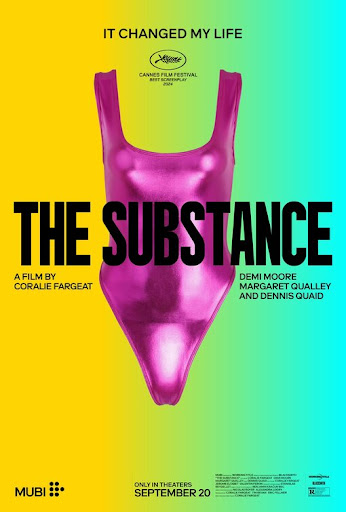
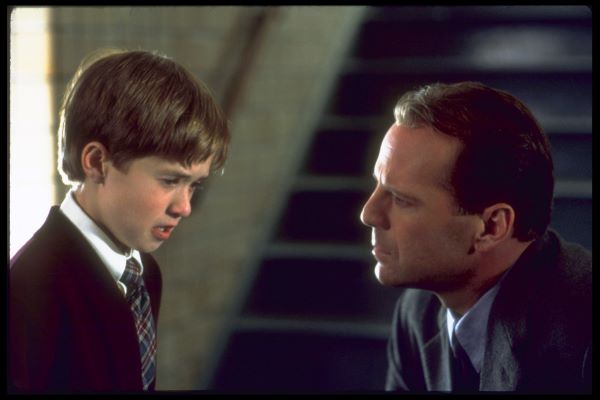
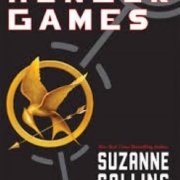

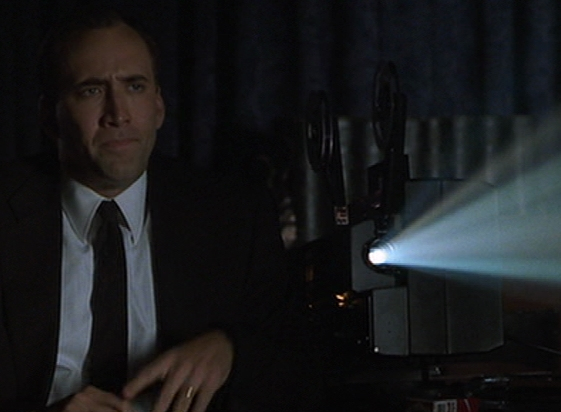
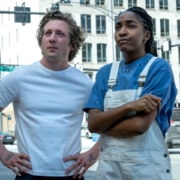



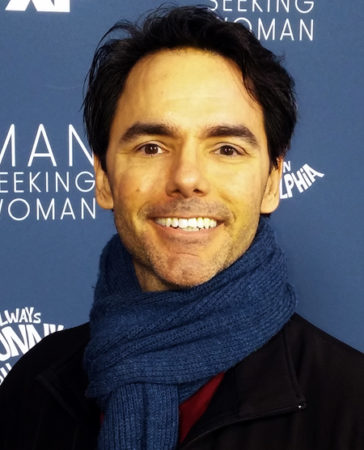 I’d love to help you get on your way, build your story with the strongest foundation possible and ultimately achieve your craft and career goals. If you’d like to work with me, please take a look at
I’d love to help you get on your way, build your story with the strongest foundation possible and ultimately achieve your craft and career goals. If you’d like to work with me, please take a look at 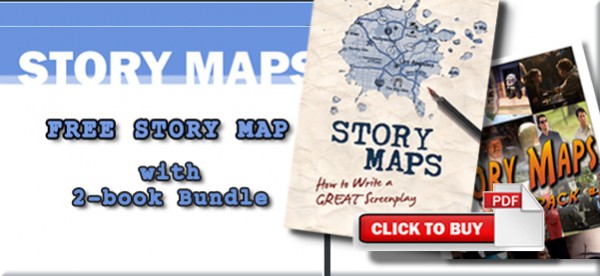
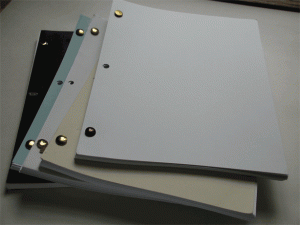

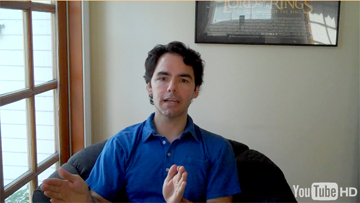
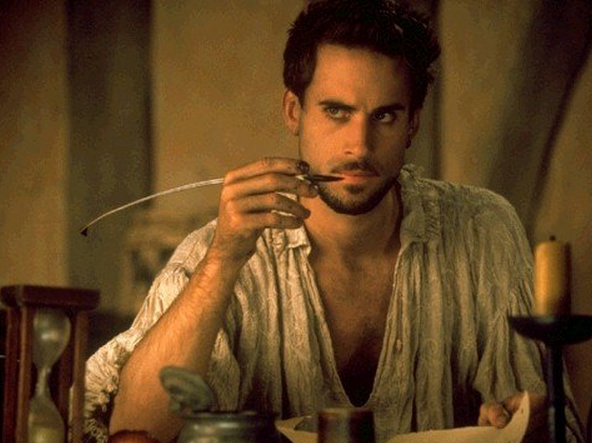
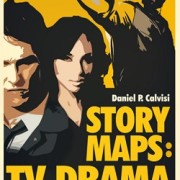
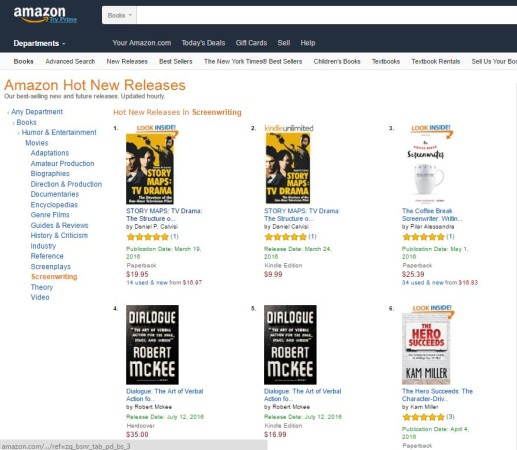
 Back by popular demand and updated with new material and a bonus map of the classic series MR. ROBOT, my webinar
Back by popular demand and updated with new material and a bonus map of the classic series MR. ROBOT, my webinar 